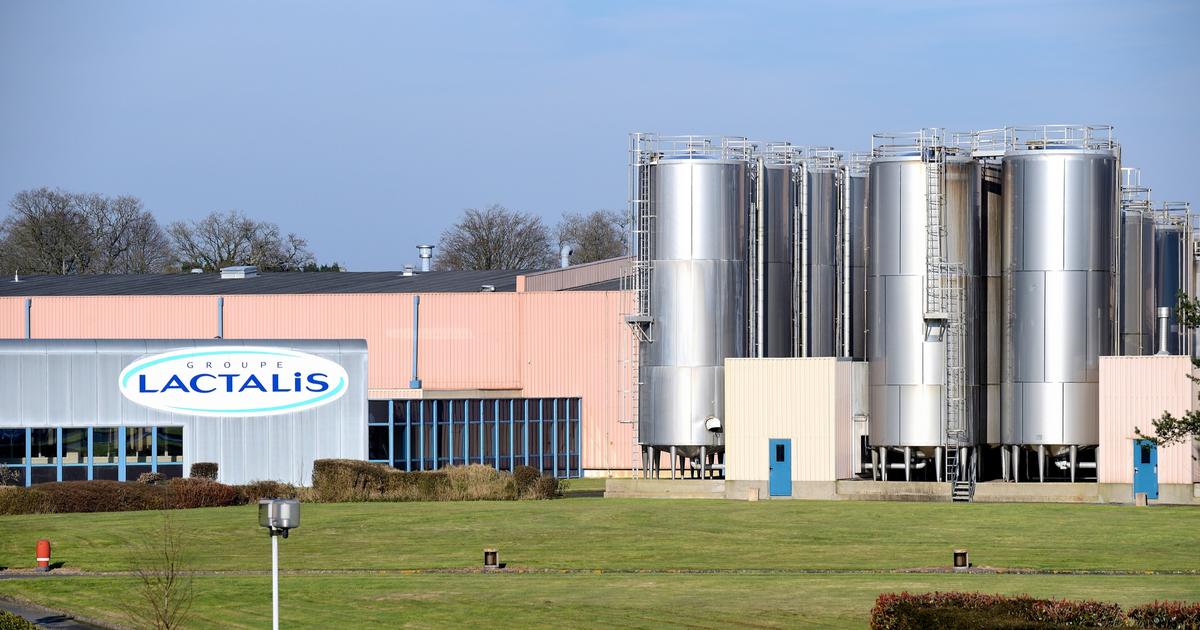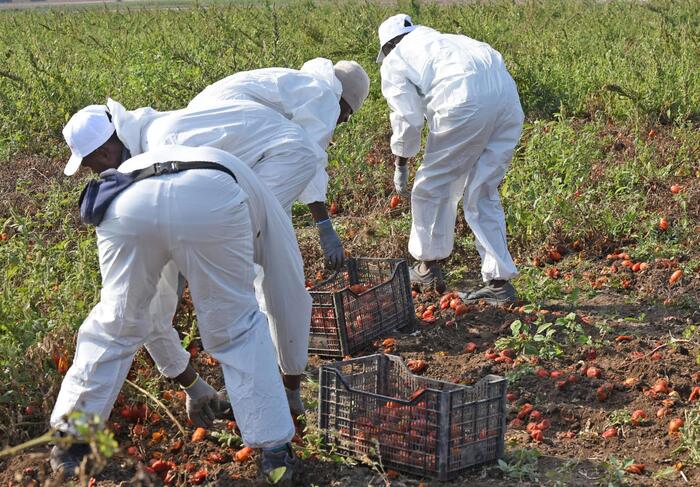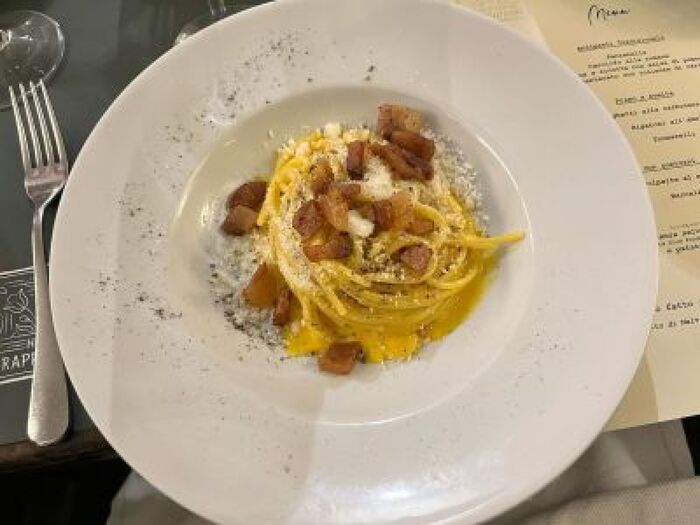An agreement is about to open up a new perspective for the Italian world of biotechnology in agriculture: Coldiretti and the Italian Agricultural Genetics Society (Siga) will soon sign a collaboration agreement on new genetic engineering techniques. A news that knows a turning point in the troubled relationship between agriculture and biotechnology research in Italy, marked by the battle against GMOs. "Coats and tractors", this is what the protocol announced by President Coldiretti Ettore Prandini should be called in a conference of the magazine 'L'informatore agrario' in Verona, which will focus on the development of the latest generation biotech at the service of typical and made in Italy varieties . Politics is ready. "GMOs are the past and their cultivation is and will be prohibited in Italy - the Minister of Agriculture Teresa Bellanova told ANSA - Sustainable biotechnologies, such as cisgenesis and genome editing, interest us". These are techniques that do not imply the use of DNA extraneous to the plant and which for this "can help us protect the biodiversity of Italian agriculture - says Prandini - and be more sustainable", for example, by making more resistant varieties, with less need for pesticides. On the vine, for example, "Italy is the country with the greatest heritage of genetic diversity", explains Mario Pezzotti, a member of La Siga and professor of plant genetics in Verona. "The conservation and use of this biodiversity is indispensable", but it is also "to give traditional vines the genetic characteristics to contrast the attack of pathogens and the change of climatic conditions". Cisgenesis and genome editing give this possibility without "changing identity and oenological profile". Using the most modern biotechnologies to protect typical varieties is "a challenge that must be faced together with those who do research in Italy - resumes Prandini - so that the results do not end up in the hands of a few multinationals". "Public research must do it - observes Bellanova - Crea which is our research body" through "comparison with the agricultural world, so that research is useful for the development of businesses". However, some regulatory aspects need to be clarified first. In 2018, the EU Court of Justice ruled that from a regulatory point of view, plants made with all new genetic engineering techniques should be equated with GMOs. In other words, authorization procedures worth millions of euros must pass, within the reach of the biotech giants but outside that of public research. "These innovative techniques do in less time what natural crossbreeding would do in more steps and more slowly - concludes Bellanova - we ask Europe to distinguish them from GMOs, because the end result is completely different".
In collaboration with:
EuropaBio














